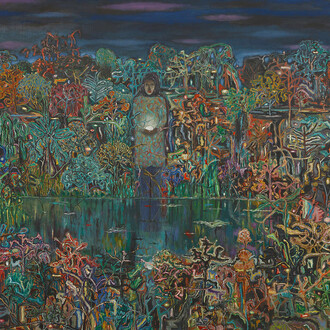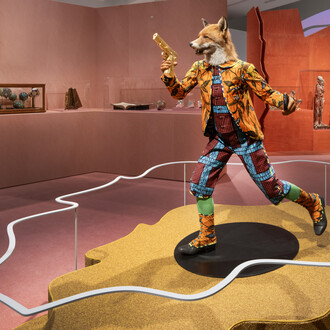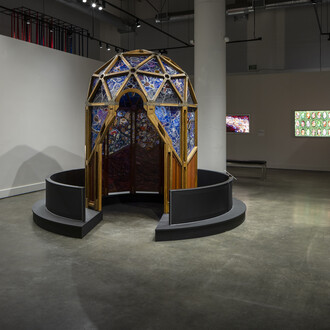As India faces rising temperatures and intense heat waves, there is a growing conversation on solution-driven strategies to counter this, especially for informal workers and communities living in informal settlements.
In response, a forward-thinking event in Bengaluru is set to confront one of India’s most pressing urban challenges of today: Heat stress, and its disproportionate impact on vulnerable groups. Organised by People First Cities, an initiative by Purpose, the immersive two-day convening will take place on 29- 30 May at Sabha Space, Bengaluru.
Through storytelling, design innovation, and community engagement, Sweat and concrete aims to spotlight the lived realities of the vulnerable communities most affected by heat, bringing both local and national attention to the crisis and providing a platform for tangible solutions to heat stress by bringing affected communities into the conversation. Unfolding over two days, the event will include interactive tours of the prize-winning heat shelter, an audio-visual exhibition display, speaker panels, performance art pieces, and community engagement initiatives to spark cross-sectoral collaborative dialogue and catalyse actionable solutions for a more climate-resilient urban future.
Heat stress, unlike sanitation, or floods, heat is an ‘invisible’ factor - one that impacts people differently based on a variety of factors. And no two cities or human settlements have the same conditions. As a result, participatory research, storytelling and surfacing locally relevant solutions are essential towards building a more inclusive, resilient, enduring response to the rising heat in cities - especially high-growth, high-density cities which are expanding rapidly.
(Sonali Bhasin & Kanishk Kabiraj, People First Cities Initiative)
At the heart of the event is the interactive exhibit of a working prototype of The Neralu heat shelter, conceptualised by architects and urban planners Sagar & Ankrtiya. The design was the winning entry in a heat shelter design contest last year, conceptualised and run by Ashoka Trust for Research in Ecology & the Environment (ATREE), and has been prototyped for the first time for this exhibition. Inspired by how informal workers (for whom the road is in many ways also their place of work) use trees, and make-shift covers that provide critical respite, the heat shelter is a two-tiered microclimate shade created with vulnerable outdoor workers in mind. It offers a safe and collapsible refuge to rest and recover from extreme heat. The People First Cities team and the designers are bringing the design to life for the first time to be presented as an interactive exhibit at the venue, inviting community members and informal workers to use the shelter in an attempt to encourage public and private sector collaboration to implement the design across Bengaluru and beyond.
Achieving a design solution that does not interfere with the ground conveys more than just a means of convenience - the footpath is entirely public, defiant of ownership. The design is a host for a variety of interchangeable materials and functions, with its visible permeability and flexibility of construction, which can adapt to different scenarios.
(Sagar and Ankritya, Architects and Urban Planners)
The event will also feature a multi-media exhibition with audio-visual storytelling, alongside an interactive theatre performance that prompts reflection on the lived realities of those incessantly exposed to heat. As a part of the wider programming, there will be a convening for two panel discussions led by experts to explore how the issue of heat stress uniquely affects informal workers and communities in informal settlements, emphasising the need for practical heat action strategies and solutions. They aim to push the conversation forward and enact real change at the regional and national levels through encouraging discussion among decision makers, key opinion leaders, and members of the local community.
The 2-day convening is part of a broader national conversation aimed at confronting the escalating crisis of heat stress in India. Despite its severe impact, heat is not recognised as a national disaster, leaving the vulnerable population of migrant workers, women and informal sector employees without adequate protection and support.
Through Sweat and concrete, the People First Cities Initiative seeks to spotlight the urgent need for a unified, long-term response to heat stress at both the regional and national levels. In 2024, this took the form of a long-form creative investigation into the impact of heat stress on informal workers. In 2025, we are turning solutions into reality. It is a call to action for city leaders and planners to integrate inclusive, community-led heat solutions into urban policy, and for decision makers to recognise heat stress as an unignorable risk to economic productivity, social stability, and public health.










